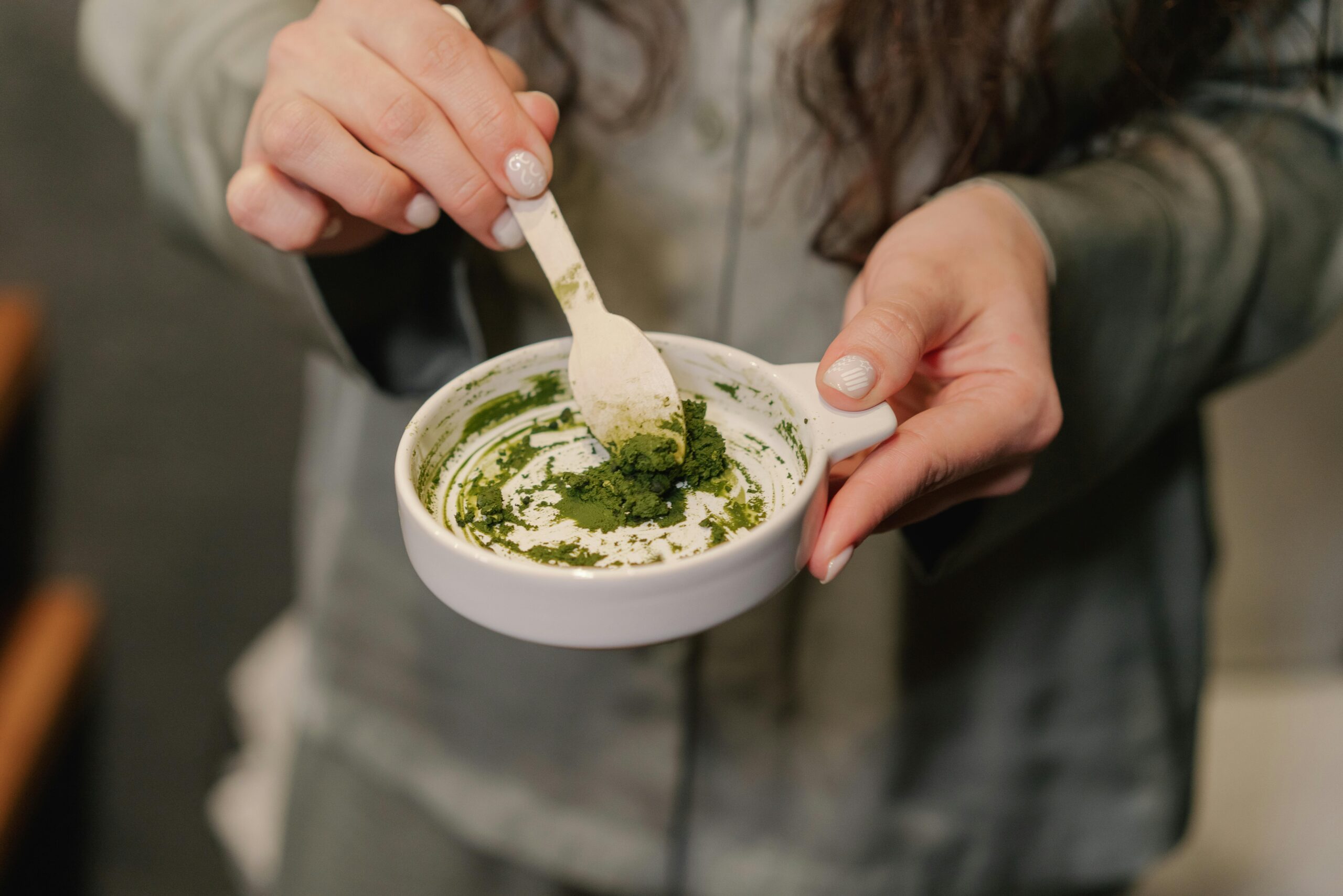Can what’s on your plate really affect what’s going on in your head?
Turns out—yes, it absolutely can.
We often think of nutrition in terms of physical health: weight, heart disease, energy levels. But what we eat also plays a huge role in how we feel emotionally and mentally. Your brain, after all, is an organ. And just like your muscles or your heart, it needs the right fuel to function at its best.
Let’s break it down in a way that actually makes sense—without the science-y jargon and guilt trips.
Your Brain Is Hungry—Feed It Well
Imagine your brain is a car engine. If you constantly give it low-quality fuel, it’s going to sputter, stall, and eventually break down. The same goes for your mental health.
Foods rich in vitamins, minerals, healthy fats, and protein help your brain produce the chemicals that regulate mood—like serotonin and dopamine. These are the feel-good messengers that help you stay calm, focused, and balanced.
Now, compare that to diets full of sugar, processed foods, and caffeine. Sure, they might give you a quick high, but what follows? The dreaded crash. Brain fog. Irritability. Anxiety.
Real Talk: A Tale of Two Lunches
Let’s say Sarah eats a lunch packed with leafy greens, grilled chicken, quinoa, and a piece of dark chocolate. She feels full, focused, and ready to tackle the rest of the day.
Meanwhile, Mike grabs a fast-food burger, fries, and a soda. For a moment, it’s satisfying—but by 3 p.m., he’s cranky, tired, and reaching for another energy drink.
The difference? Sarah’s meal supported her blood sugar, provided slow-burning fuel, and gave her brain the nutrients it needed. Mike’s lunch overloaded his system and left his brain scrambling to keep up.
Key Nutrients That Support Mental Health
Here are some MVPs (Most Valuable Plate-items) when it comes to supporting your mood and mind:
- Omega-3 fatty acids (found in salmon, chia seeds, walnuts) – great for brain health and reducing inflammation.
- B vitamins (like B6, B12, folate) – help regulate mood and prevent fatigue.
- Magnesium (found in leafy greens, nuts, beans) – often called the “relaxation mineral.”
- Probiotics (from yogurt, kefir, fermented foods) – support gut health, which is deeply connected to the brain.
- Complex carbs (whole grains, sweet potatoes, oats) – give your brain a steady supply of glucose to think clearly.
Gut Feelings Are Real
Ever had a “gut feeling” about something? That’s not just a figure of speech. Your gut and brain are connected through what scientists call the “gut-brain axis.”
Basically, the microbes in your digestive tract (your gut bacteria) help produce neurotransmitters like serotonin—yep, the same one that affects mood. So taking care of your gut with fiber-rich and fermented foods can actually help boost your mental health, too.
Small Shifts, Big Difference
You don’t need to become a nutrition guru overnight. Try starting with these small, doable tweaks:
- Add a handful of spinach to your morning smoothie.
- Swap out sugary snacks for a piece of fruit and some nuts.
- Cook at home a couple more times a week.
- Try a new veggie every week just for fun.
Your brain will thank you.
Final Thoughts: Food Is Not a Cure, But It’s a Tool
Let’s be clear—nutrition isn’t a magical cure for depression, anxiety, or stress. Mental health is complex, and sometimes you need more than just dietary changes. Therapy, medication, and support all have their place.
But food is a powerful tool. Think of it like one piece of the mental wellness puzzle. It can help build a stronger foundation for your overall well-being.
So next time you’re planning your meals, think of them not just as fuel for your body, but as support for your mind.
Because a nourished brain is a happier brain.



